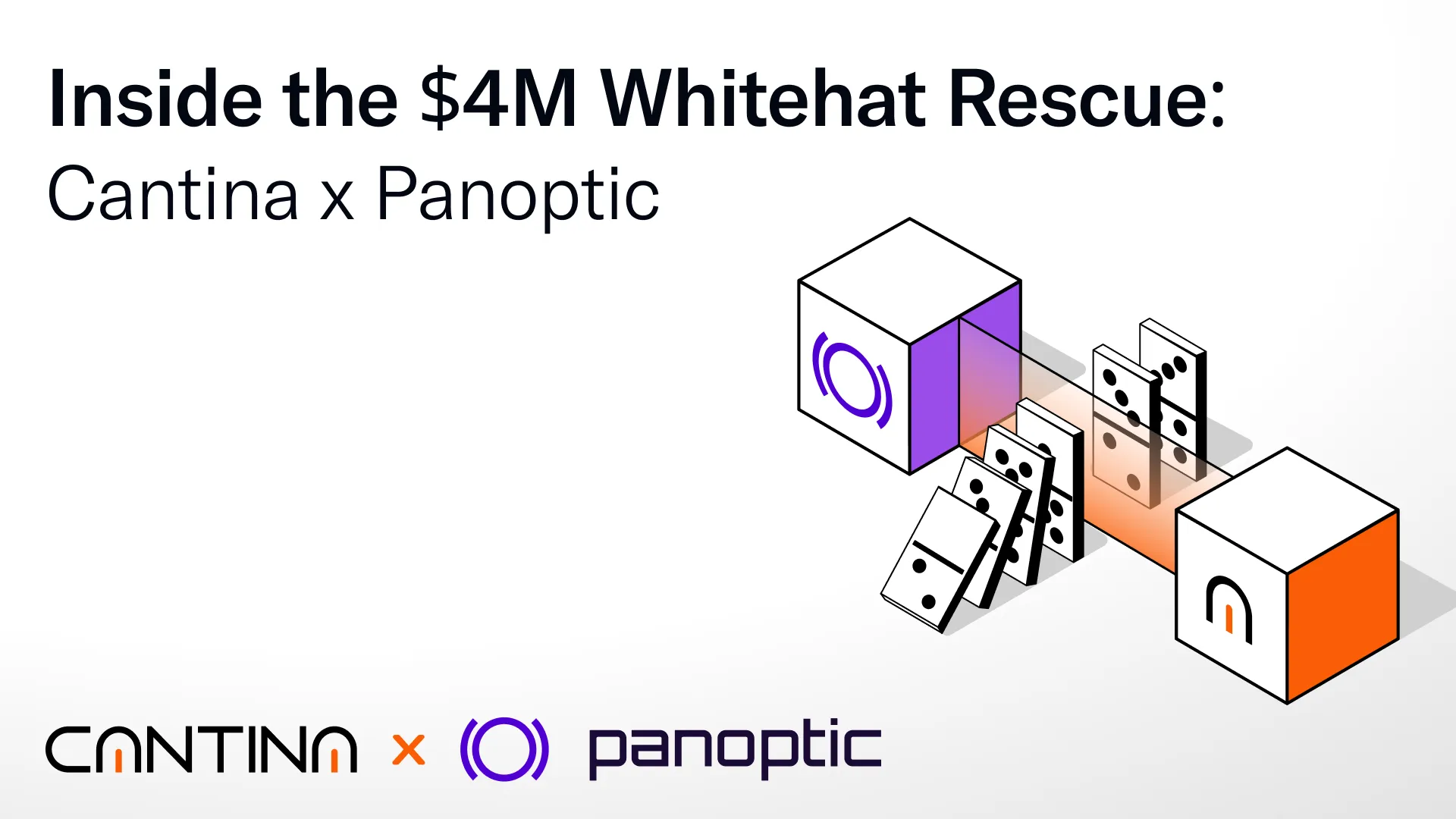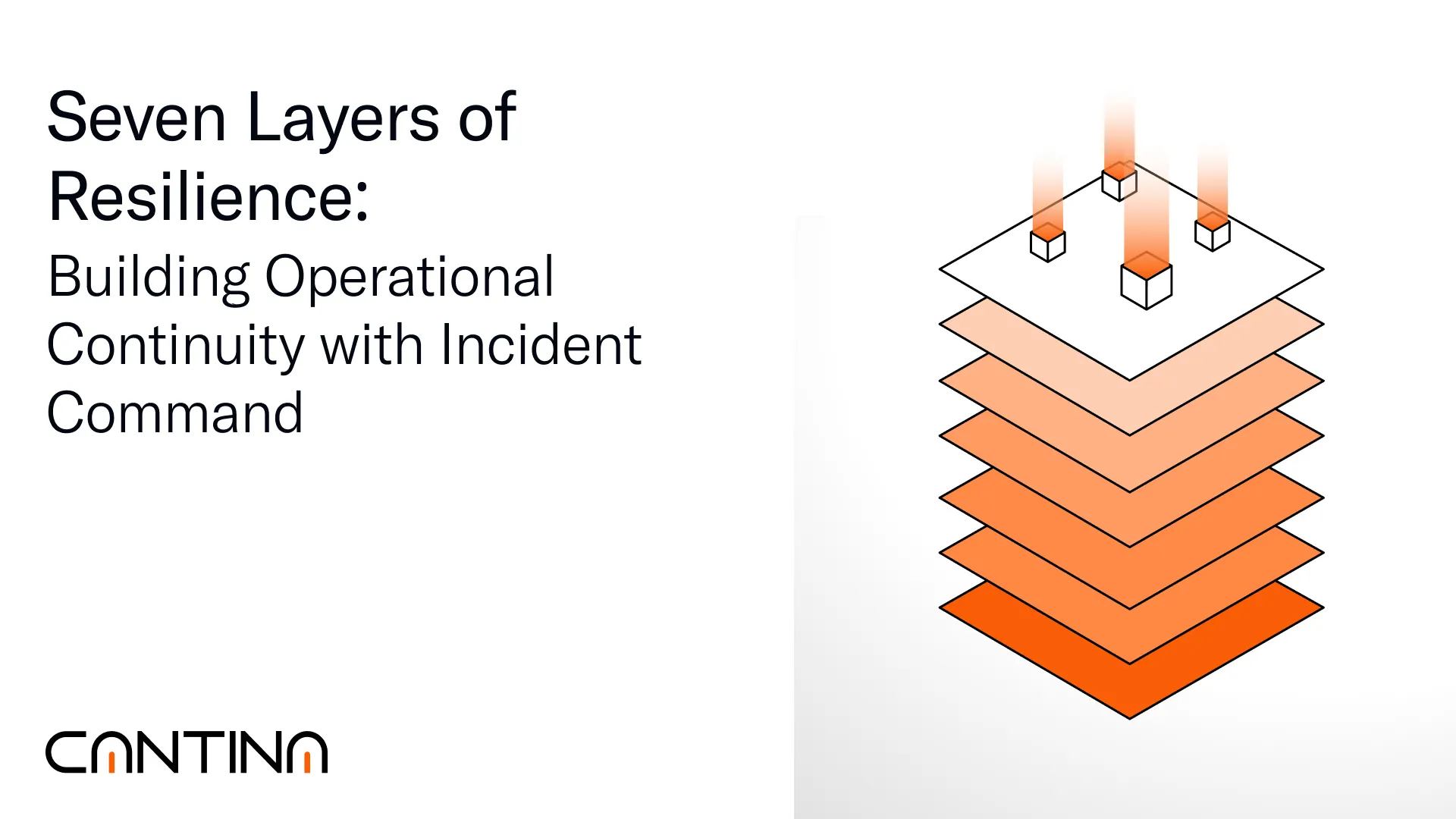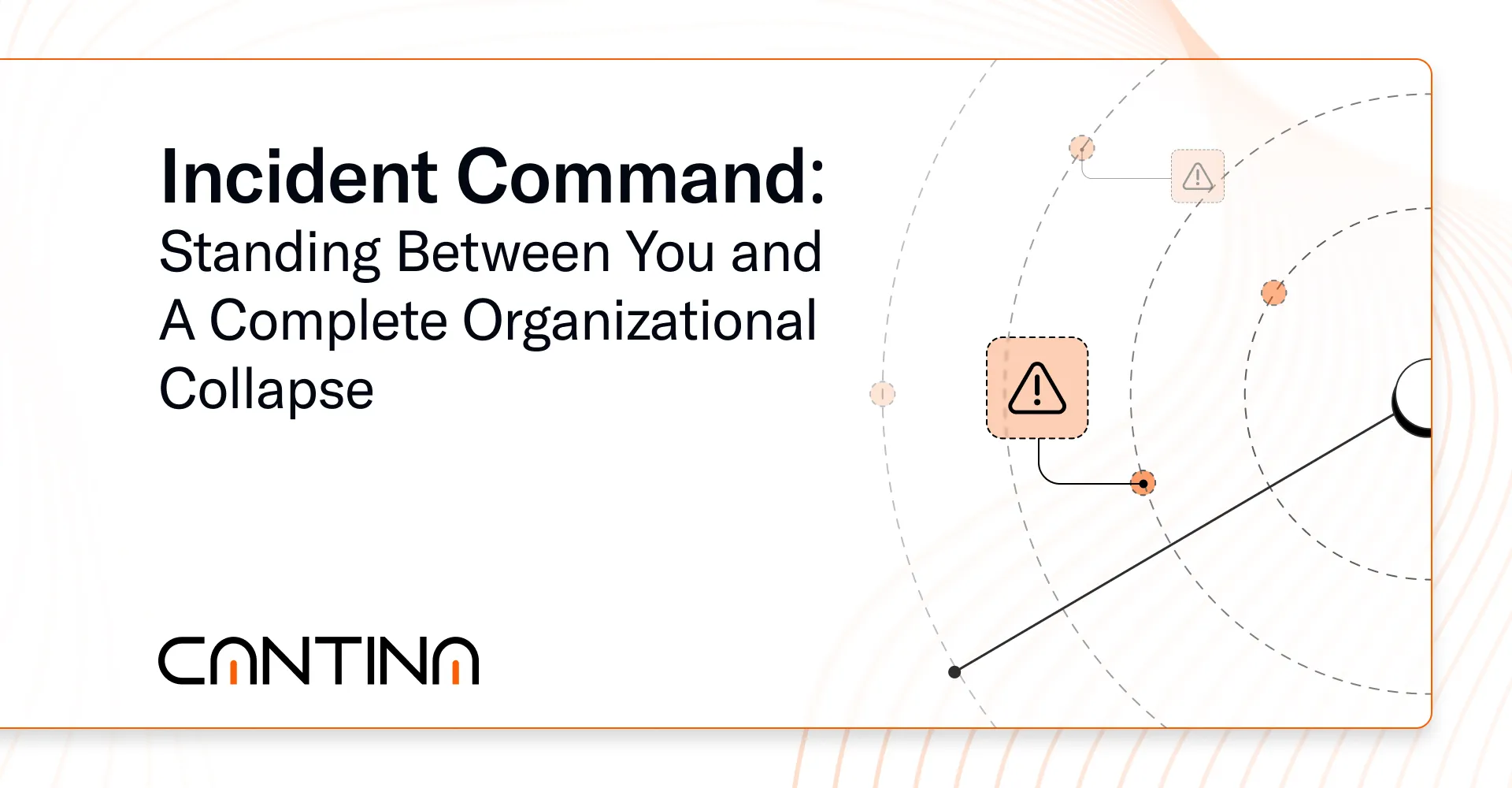
Incident Response
When seconds count and outcomes matter, Cantina’s Incident Response solution helps teams transform chaos into coordinated action.
Too many organizations are unprepared when crisis strikes. No playbooks, no escalation paths, no SOPs - just confusion. In Web3, every second saved is millions protected.
Cantina’s Incident Response fills that gap with a dedicated framework built for Web3, aligning strategy, execution and readiness into five actionable layers.


